TREYCIN GEL

Product Description
TREYCIN GEL is a topical acne treatment that is normally used in the treatment of moderate acne. It is a prescription only medicine that must be prescribed by a doctor to treat acne.
TREYCIN GEL contains two active ingredients:
Clindamycin - an antibiotic that helps to kill acne-causing bacteria that live on the skin.
Tretinoin - reduces the ability of skin cells to stick together which helps to shed dead skin cells instead of them blocking follicles.
These two actions combine help to treat acne symptoms such as blackheads, whiteheads, pustules, papules and redness. The combination of the two active ingredients are more effective when combined than if used separately.
Like most topical acne treatments, TREYCIN GEL normally takes a few weeks of continued use to build up an effect. It is normally best to use the TREYCIN GEL for a period of 10-12 weeks and it is important that you do not stop using TREYCIN GEL as soon as your acne gets better.
Like most topical acne treatments, TREYCIN GEL normally takes a few weeks of continued use to build up an effect. It is normally best to use the TREYCIN GEL for a period of 10-12 weeks and it is important that you do not stop using TREYCIN GEL as soon as your acne gets better.
ingredients:
Active ingredients:
Clindamycin (as clindamycin phosphate) 1%
Tretinoin 0.025%
Inactive ingredients: Purified water, Glycerol, Carbomers, Methyl parahydroxybenzoate (E218), Propyl parahydroxybenzoate (E216), Polysorbate 80. Disodium edetate Citric acid, anhydrous Butylhydroxytoluene (E321) Trometamol
Active ingredients:
Clindamycin (as clindamycin phosphate) 1%
Tretinoin 0.025%
Inactive ingredients: Purified water, Glycerol, Carbomers, Methyl parahydroxybenzoate (E218), Propyl parahydroxybenzoate (E216), Polysorbate 80. Disodium edetate Citric acid, anhydrous Butylhydroxytoluene (E321) Trometamol
Direction
Apply TREYCIN GEL once daily at bedtime. Wash the entire face with mild soap and warm water. Pat dry using a towel. Use a pea-sized amount onto one fingertip, dot onto each area of the face: the chin, cheeks, nose, and forehead, then gently rub the gel over the entire face. Do not use TREYCIN GEL for more than 3 months without careful evaluation or consulting with a doctor. Any improvements may not be observed for up to several weeks after beginning treatment. If you miss a dose of TREYCIN GEL, just wait for the next dose at the usual time. Never double dose to make up for a forgotten dose.
Apply TREYCIN GEL once daily at bedtime. Wash the entire face with mild soap and warm water. Pat dry using a towel. Use a pea-sized amount onto one fingertip, dot onto each area of the face: the chin, cheeks, nose, and forehead, then gently rub the gel over the entire face. Do not use TREYCIN GEL for more than 3 months without careful evaluation or consulting with a doctor. Any improvements may not be observed for up to several weeks after beginning treatment. If you miss a dose of TREYCIN GEL, just wait for the next dose at the usual time. Never double dose to make up for a forgotten dose.
Side effects
Side effects may occur on areas of skin on which TREYCIN GEL has been applied. If they cause too much of a problem, used TREYCIN Gel less frequently or stop for a few days until the irritation goes away.These minor side effects can include:
•slight stinging or skin pain
•skin irritation or tenderness
•skin burning sensation
•dry skin
•itching
Rare side effects (1 in 10,000 people):
•Hypersensitivity
•Hypothyroidism
•Headache
•Eye irritation
•Gastroenteritis
•Nausea
•Dermatitis
•Herpes simplex
•Macular rash
•Skin bleeding
•Skin burning sensation
•Skin depigmentation
•Application site erosion or discolouration
Uncommon side effects (1 in 10,000 to 1 in 1,000 people):
•Acne
•Dry skin
•Erythema
•Seborrhoea
•Photosensitivity reaction
•Pruritis
•Rash
•Exfoliative rash
•Skin exfoliation
•Sunburn
•Burning
Side effects may occur on areas of skin on which TREYCIN GEL has been applied. If they cause too much of a problem, used TREYCIN Gel less frequently or stop for a few days until the irritation goes away.These minor side effects can include:
•slight stinging or skin pain
•skin irritation or tenderness
•skin burning sensation
•dry skin
•itching
Rare side effects (1 in 10,000 people):
•Hypersensitivity
•Hypothyroidism
•Headache
•Eye irritation
•Gastroenteritis
•Nausea
•Dermatitis
•Herpes simplex
•Macular rash
•Skin bleeding
•Skin burning sensation
•Skin depigmentation
•Application site erosion or discolouration
Uncommon side effects (1 in 10,000 to 1 in 1,000 people):
•Acne
•Dry skin
•Erythema
•Seborrhoea
•Photosensitivity reaction
•Pruritis
•Rash
•Exfoliative rash
•Skin exfoliation
•Sunburn
•Burning
Warnings
TREYCIN GEL should only be used on the skin. When applying TREYCIN GEL, avoid getting it into the eyes, eyelids, lips, and nostrils.
TREYCIN Gel should not be used in patients who:
•have a history of hypersensitivity to clindamycin and/or tretinoin or any of the excipients or lincomycin
•have regional enteritis, ulcerative colitis, or a history of any antibiotic-associated colitis
•have a personal or familial history of skin cancer
•have a history of acute eczemas, rosacea and perioral dermatitis
•have pustular and deep cystic nodular acne varieties (acne conglobata and acne fulminans)
Special warnings and precautions for use:
•TREYCIN GEL is not for oral, ophthalmic, intranasal or intravaginal use
•TREYCIN GEL is not recommended in treatment of mild acne vulgaris
•TREYCIN GEL should not be used during pregnancy, especially during the first trimester and women not using contraception
•Contact with the mouth, eyes and mucous membranes and injured skin should be avoided
•In the event of accidental contact with the eyes, bathe with large amounts of water.
Antibiotic-associated colitis has been reported with the use of some other topical clindamycin products. This is unlikely to occur with TREYCIN GEL as plasma levels have been determined and the percutaneous absorption of clindamycin is clinically negligible.If you notice prolonged diarrhea or suffer from abdominal cramps, treatment with TREYCIN GEL should be discontinued immediately as the symptoms may indicate antibiotic-associated colitis. If severe irritation occurs you should discontinue temporarily or reduce the frequency of application.TREYCIN GEL should not be applied at the same time as other topical treatments, including cosmetics, as there is a chance of possible incompatibility.
Particular caution should be exercised in using keratolytic agents such as sulfur, salicylic acid, benzoyl peroxide or resorcinol and chemical abrasives. Do not use any cleansers or scrubbing solutions with a strong drying effect. You should also avoid abrasive soaps, cosmetics, and spices or lime should be used with caution. Photosensitivity may occur during treatment with TREYCIN GEL and exposure to sunlight should be limited as much as possible and appropriate sunscreen should be worn. Avoid using sun-lamps or sunbeds throughout treatment as this product should not be used on sunburnt skin. Long-term use of clindamycin may cause resistance and overgrowth of non-susceptible dermal bacteria or fungi, although this is rare. Cross-resistance may occur with other antibiotics such as lincomycin or erythromycin. Do not use if you are allergic to any of the ingredients listed below above. Tretinoin causes enhanced permeability for other topically applied medicinal agents.
Fertility, pregnancy, and lactation
TREYCIN GEL should be given to women of childbearing potential only if effective contraception is used during treatment and for 4 weeks after stopping treatment. There is not a substantial amount of data regarding the use of TREYCIN GEL in pregnant women.
A limited number of pregnancies exposed in the first trimester to clindamycin indicate no adverse effects of clindamycin on pregnancy or on the health of the fetus/new-born child.
Clindamycin has been shown to not be teratogenic in reproduction studies in rats and mice when applied via subcutaneous and oral methods.
TREYCIN GEL should not be used during pregnancy, especially during the first trimester, and in women who may become pregnant. There is not adequate data on the effects of tretinoin and clindamycin and the secretion of breast milk following the use of TREYCIN Gel. It is advised that TREYCIN GEL is not be used by women who are breastfeeding. Reproduction studies in rats and mice, using subcutaneous and oral doses of clindamycin, revealed no evidence of impaired fertility. Systemically administered tretinoin severely affects fertility. Available data regarding fertility after topical administration in humans are limited.
TREYCIN GEL should only be used on the skin. When applying TREYCIN GEL, avoid getting it into the eyes, eyelids, lips, and nostrils.
TREYCIN Gel should not be used in patients who:
•have a history of hypersensitivity to clindamycin and/or tretinoin or any of the excipients or lincomycin
•have regional enteritis, ulcerative colitis, or a history of any antibiotic-associated colitis
•have a personal or familial history of skin cancer
•have a history of acute eczemas, rosacea and perioral dermatitis
•have pustular and deep cystic nodular acne varieties (acne conglobata and acne fulminans)
Special warnings and precautions for use:
•TREYCIN GEL is not for oral, ophthalmic, intranasal or intravaginal use
•TREYCIN GEL is not recommended in treatment of mild acne vulgaris
•TREYCIN GEL should not be used during pregnancy, especially during the first trimester and women not using contraception
•Contact with the mouth, eyes and mucous membranes and injured skin should be avoided
•In the event of accidental contact with the eyes, bathe with large amounts of water.
Antibiotic-associated colitis has been reported with the use of some other topical clindamycin products. This is unlikely to occur with TREYCIN GEL as plasma levels have been determined and the percutaneous absorption of clindamycin is clinically negligible.If you notice prolonged diarrhea or suffer from abdominal cramps, treatment with TREYCIN GEL should be discontinued immediately as the symptoms may indicate antibiotic-associated colitis. If severe irritation occurs you should discontinue temporarily or reduce the frequency of application.TREYCIN GEL should not be applied at the same time as other topical treatments, including cosmetics, as there is a chance of possible incompatibility.
Particular caution should be exercised in using keratolytic agents such as sulfur, salicylic acid, benzoyl peroxide or resorcinol and chemical abrasives. Do not use any cleansers or scrubbing solutions with a strong drying effect. You should also avoid abrasive soaps, cosmetics, and spices or lime should be used with caution. Photosensitivity may occur during treatment with TREYCIN GEL and exposure to sunlight should be limited as much as possible and appropriate sunscreen should be worn. Avoid using sun-lamps or sunbeds throughout treatment as this product should not be used on sunburnt skin. Long-term use of clindamycin may cause resistance and overgrowth of non-susceptible dermal bacteria or fungi, although this is rare. Cross-resistance may occur with other antibiotics such as lincomycin or erythromycin. Do not use if you are allergic to any of the ingredients listed below above. Tretinoin causes enhanced permeability for other topically applied medicinal agents.
Fertility, pregnancy, and lactation
TREYCIN GEL should be given to women of childbearing potential only if effective contraception is used during treatment and for 4 weeks after stopping treatment. There is not a substantial amount of data regarding the use of TREYCIN GEL in pregnant women.
A limited number of pregnancies exposed in the first trimester to clindamycin indicate no adverse effects of clindamycin on pregnancy or on the health of the fetus/new-born child.
Clindamycin has been shown to not be teratogenic in reproduction studies in rats and mice when applied via subcutaneous and oral methods.
TREYCIN GEL should not be used during pregnancy, especially during the first trimester, and in women who may become pregnant. There is not adequate data on the effects of tretinoin and clindamycin and the secretion of breast milk following the use of TREYCIN Gel. It is advised that TREYCIN GEL is not be used by women who are breastfeeding. Reproduction studies in rats and mice, using subcutaneous and oral doses of clindamycin, revealed no evidence of impaired fertility. Systemically administered tretinoin severely affects fertility. Available data regarding fertility after topical administration in humans are limited.
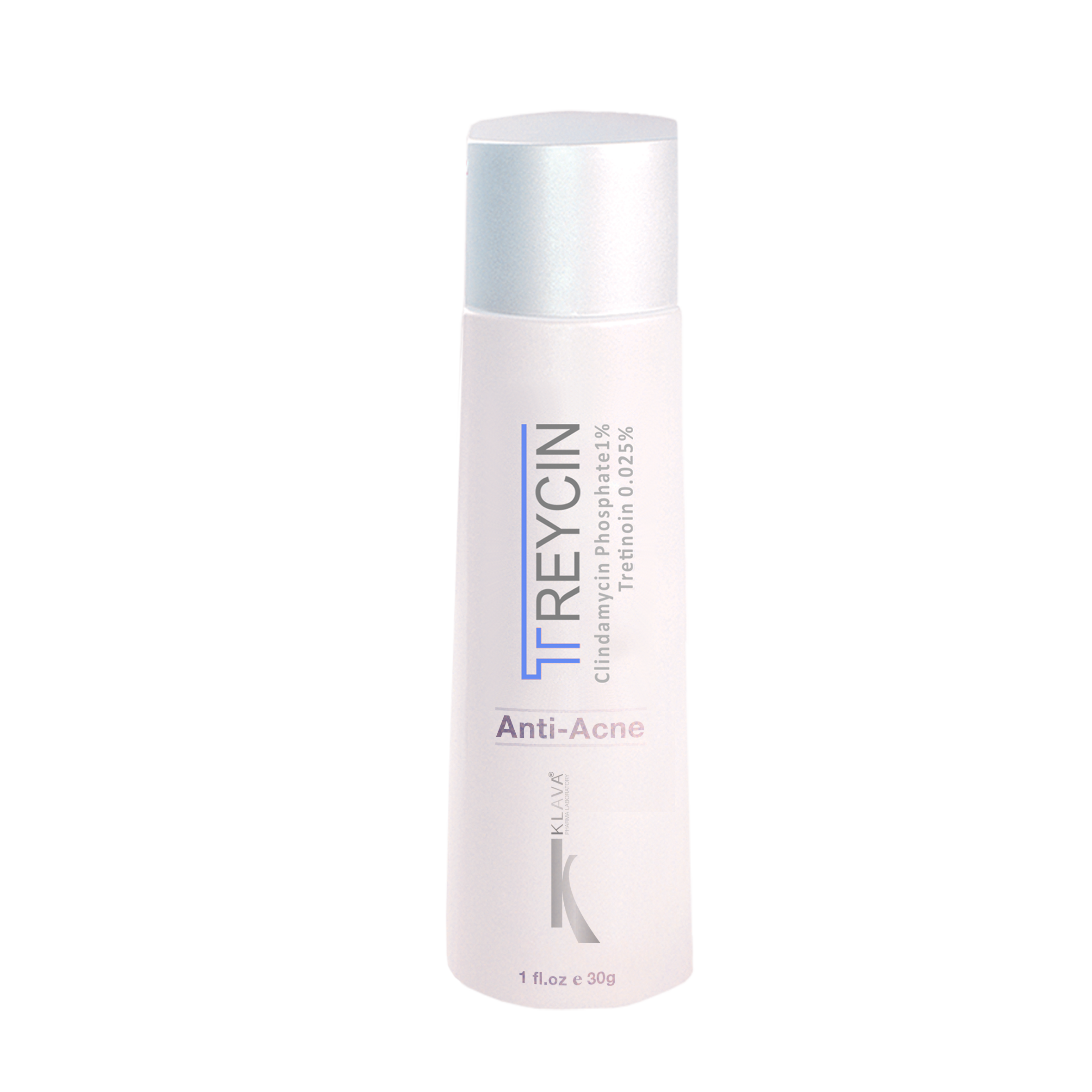
You are here to help yourself in your products.

Spectacular results thanks to the combination of our clinical formulations.
Discover our revolutionary treatments with growth factors for hair loss and skin care.
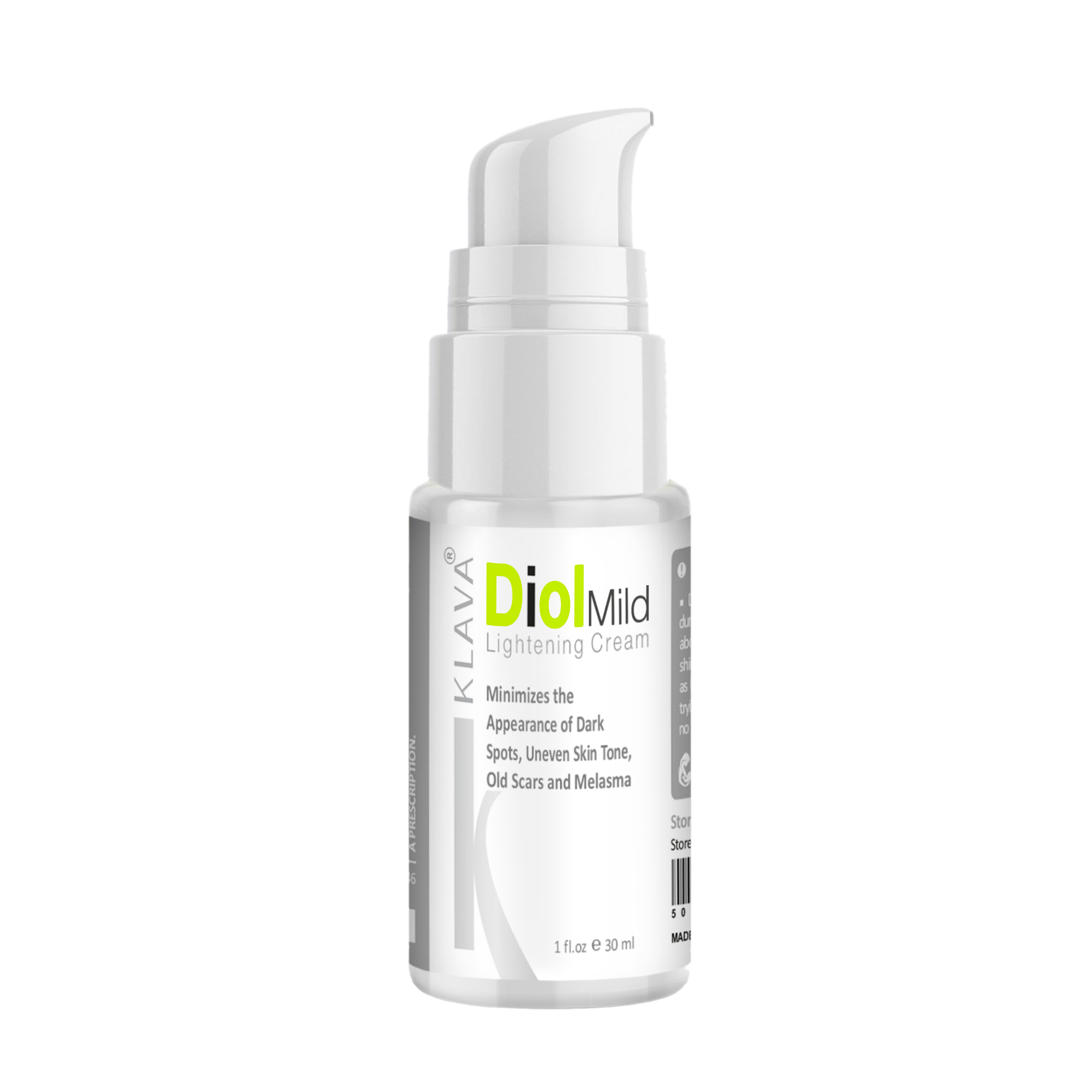
DIOL MILD CREAM (30ml)
Lightening Cream
See More ...
See More ...
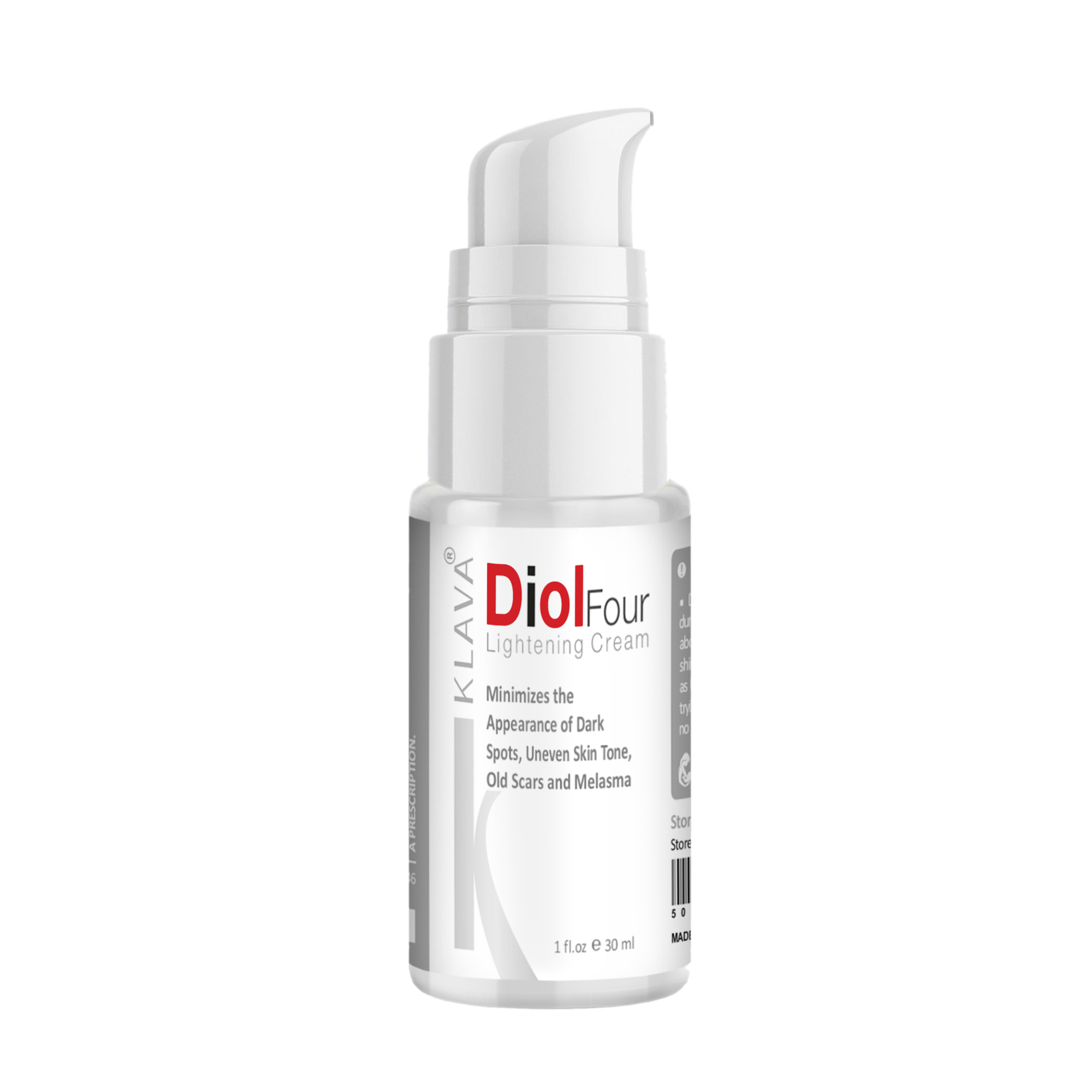
DIOL FOUR CREAM (30ml)
Lightening Cream
Lightening Cream
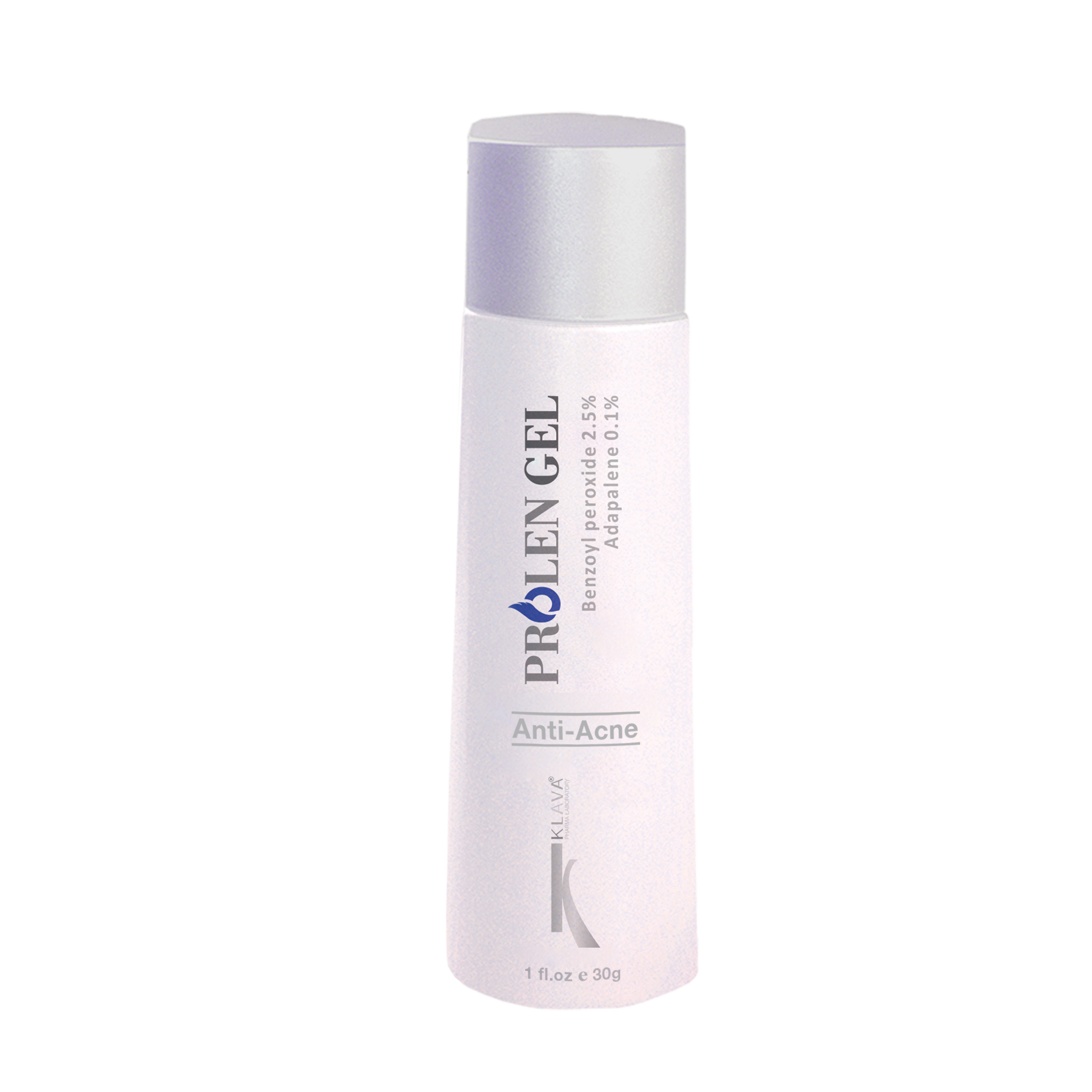
PEROLEN GEL (30g)
Benzoyl peroxide 2.5%
Adapalene 0.1%
Benzoyl peroxide 2.5%
Adapalene 0.1%
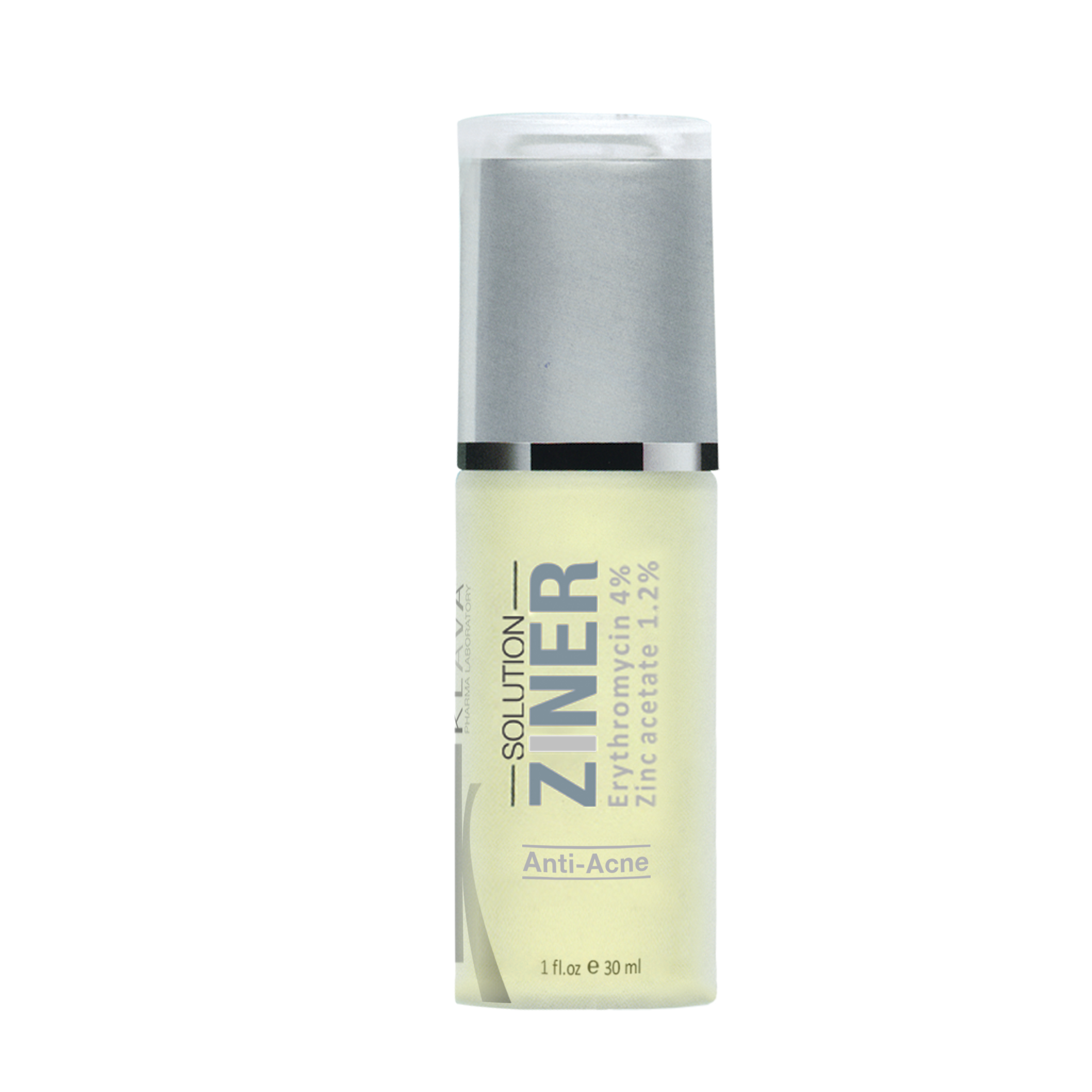
ZINER SOLUTION (30ml)
Erythromycin 4%
Zinc acetate1.2%
Erythromycin 4%
Zinc acetate1.2%

TREYCIN Gel (30g)
Clindamycin Phosphate 1%
Tretinoin 0.025%
Clindamycin Phosphate 1%
Tretinoin 0.025%
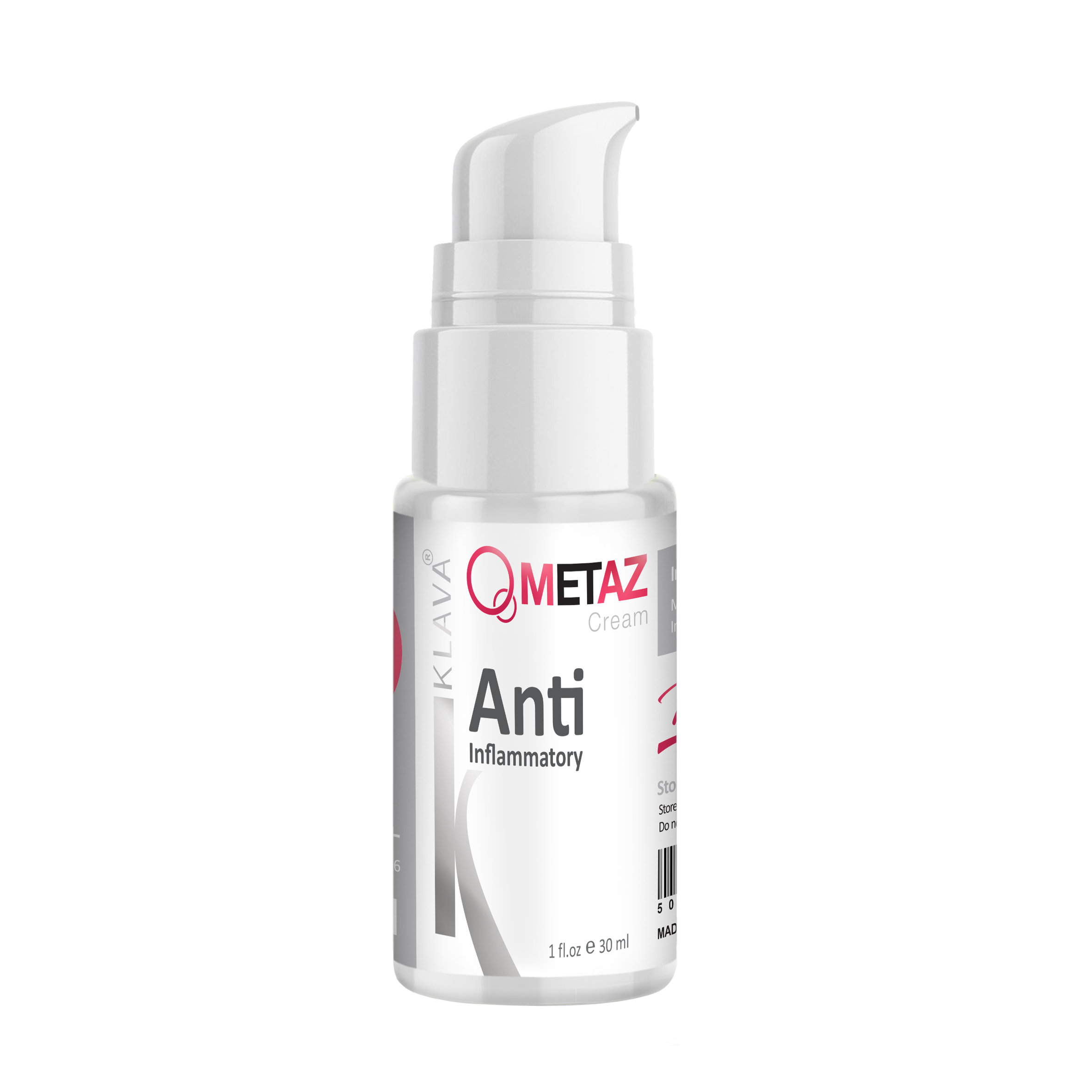
OMETAZ CREAM (30g)
Mometasone Furoate 0.1%
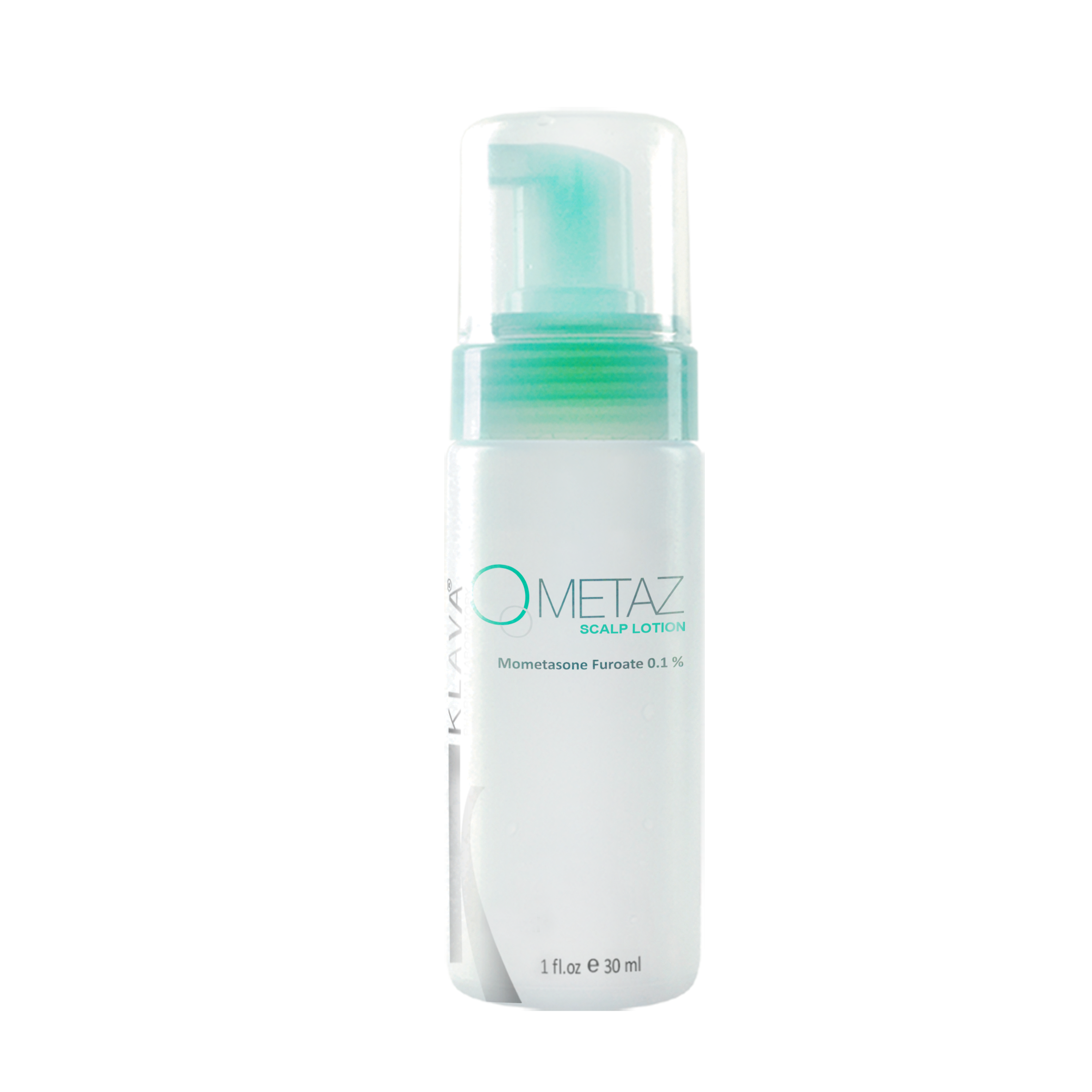
OMETAZ SCALP LOTION (30ml)
Mometasone Furoate 0.1%
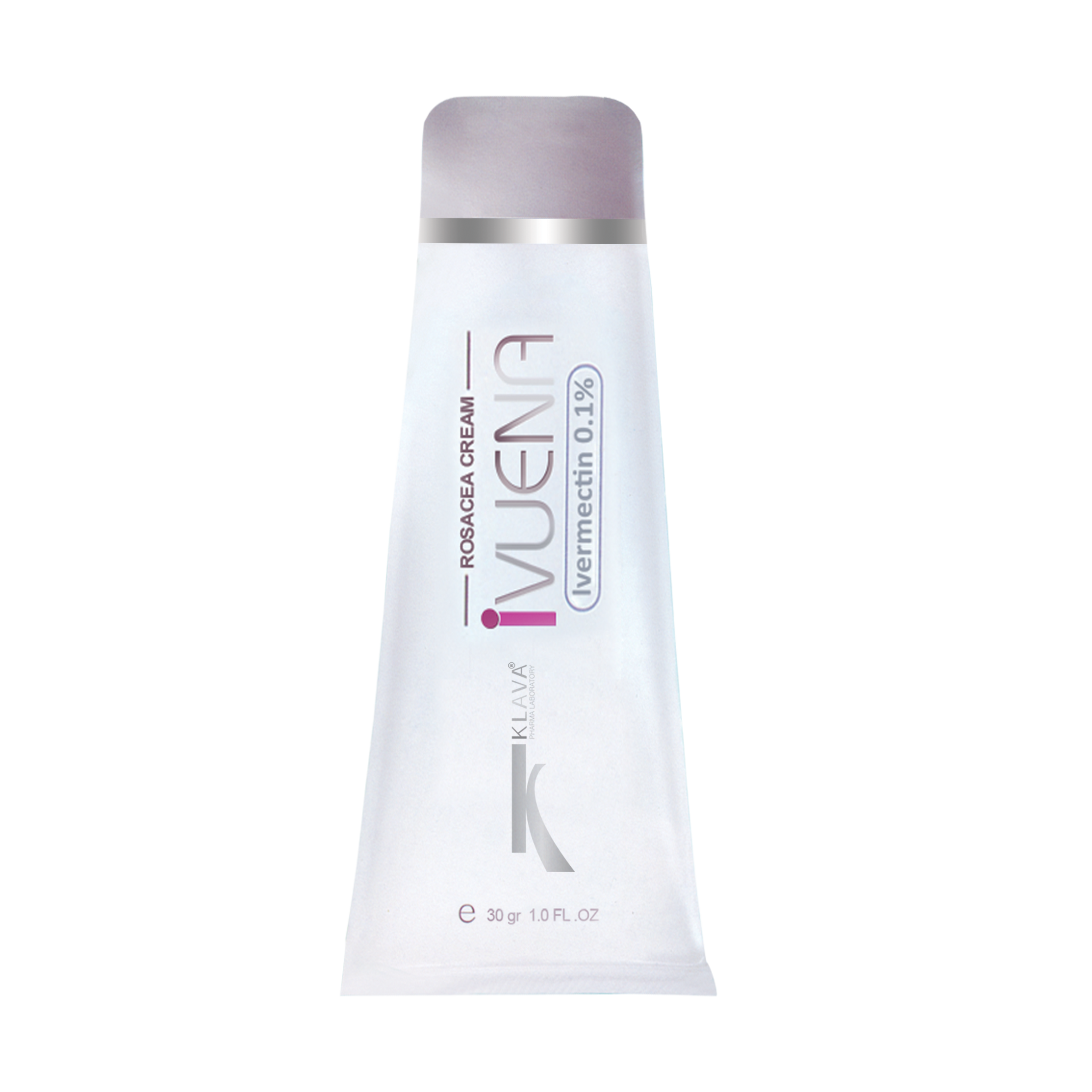
IVUENA ROSACEA CREAM (30g)
Ivermectin 0.1%
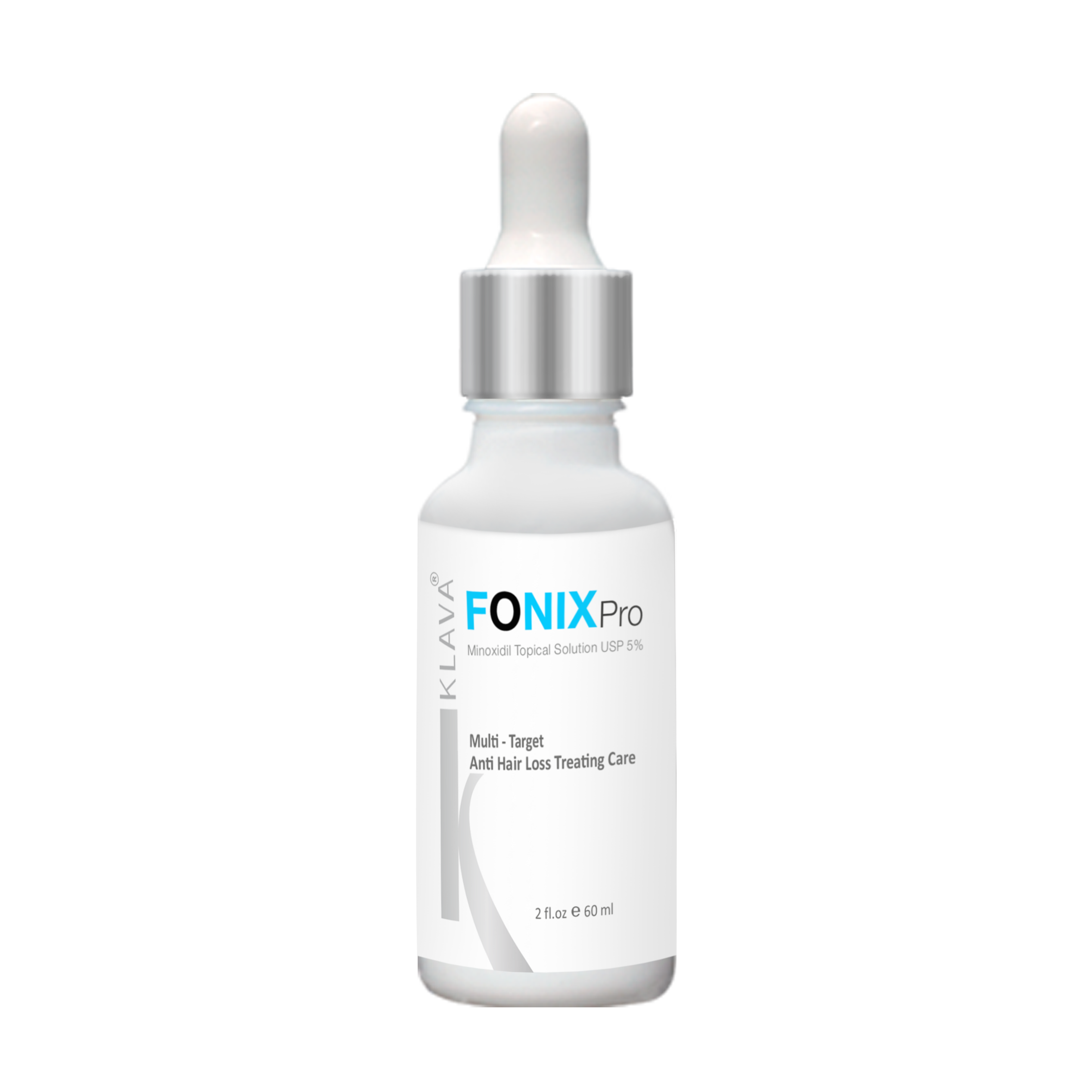
FONIX PRO (60ml)
Minoxidil 5% Topical Solution
Minoxidil 5% Topical Solution
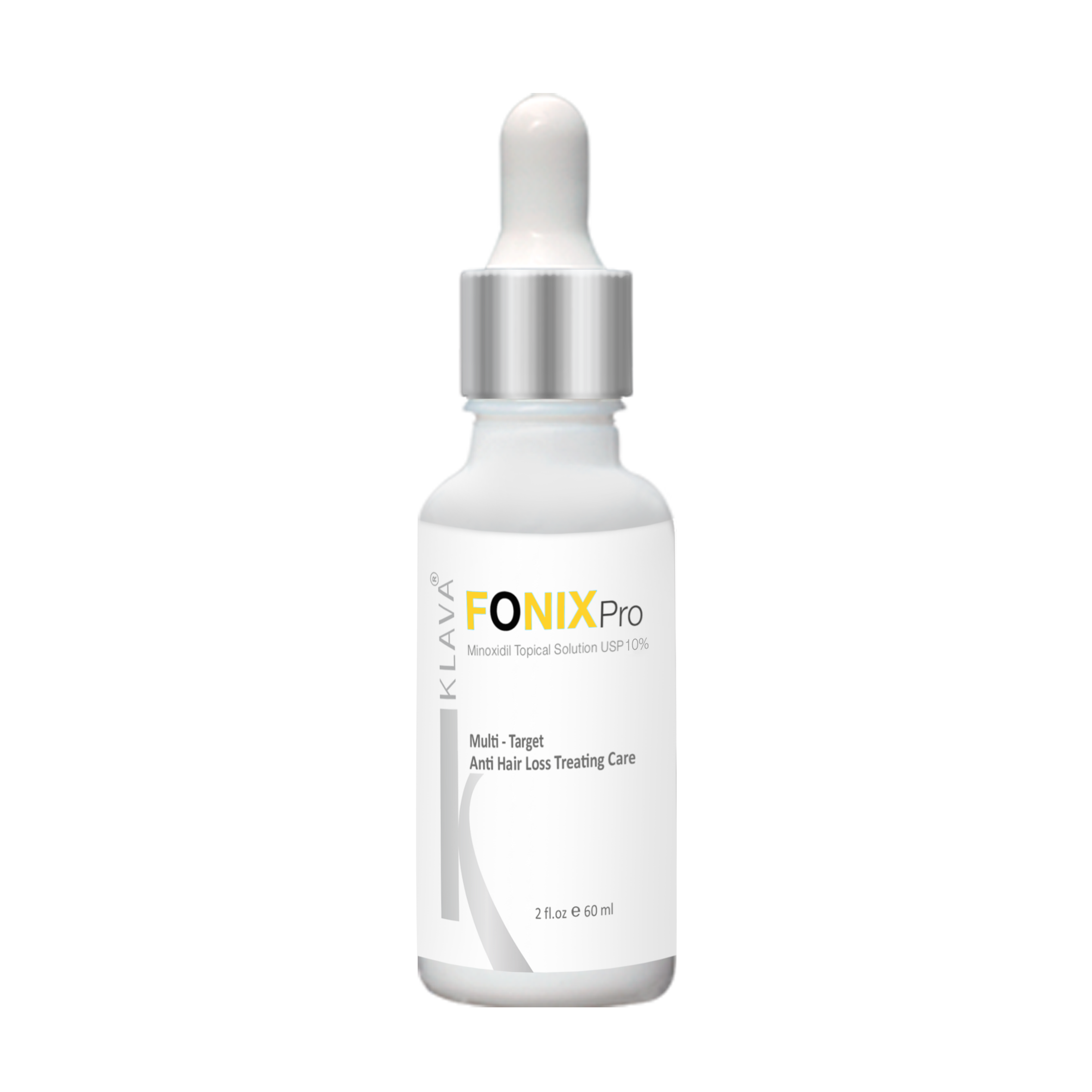
FONIX PRO (60ml)
Minoxidil 10% Topical Solution
Minoxidil 10% Topical Solution

